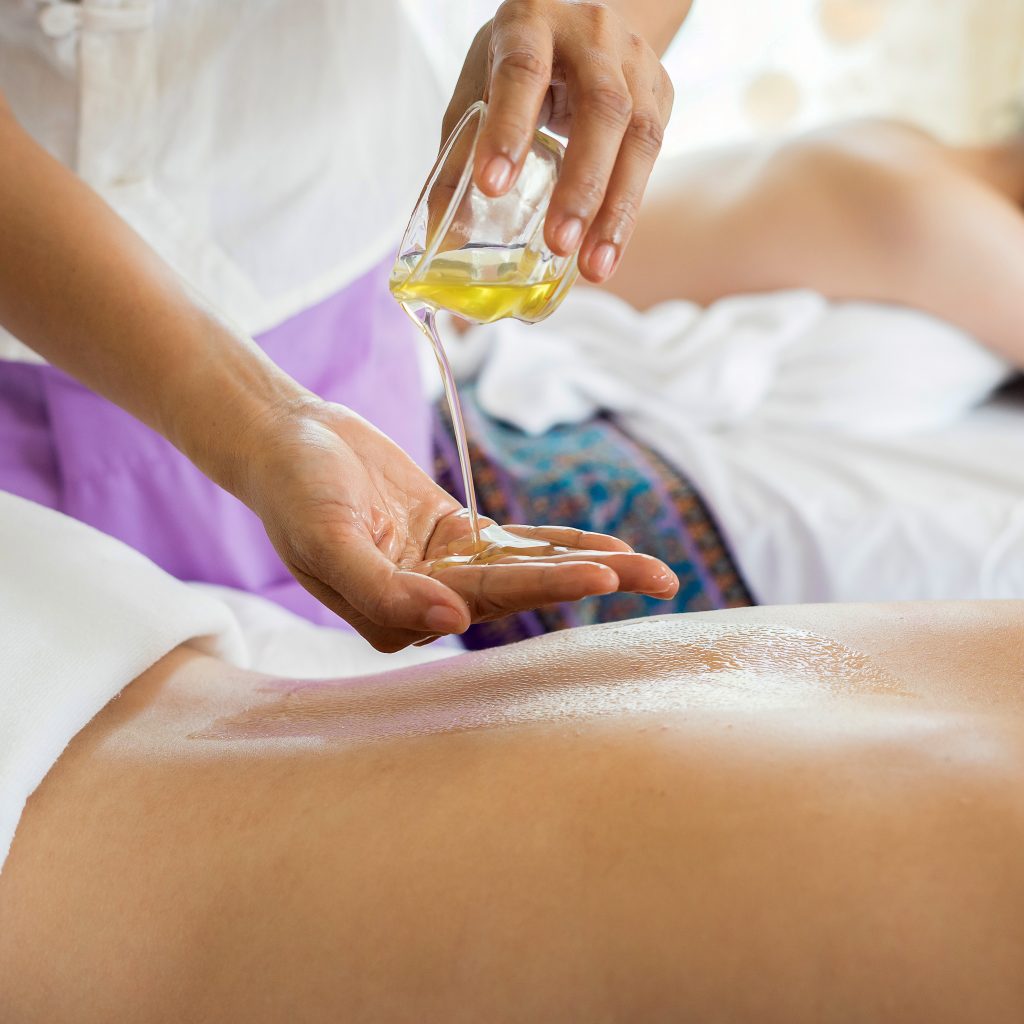
The spa industry has gone through a bit of a renaissance over the last decade or so. Once primarily the preserve of the rich and famous, a visit to the spa is now more affordable and accessible.
We have also seen a surge in the rise of the middle class, which has allowed for a shift in consumer habits. What we’ve seen, particularly in the last decade, is a rise in wellness and self care.
How is the current fashion for wellness changing the spa industry even further? Let’s take a look.
Wellness travel boom
A quick trip to the local day spa is no longer enough. There’s a burgeoning market for wellness tourism today. Millenials have become much more lifestyle focused in recent years, and with that we’ve seen a rise in the number of trips being taken – over the purchase of physical goods.
Combined with the impact of social media, millennials use their social platforms to celebrate and showcase their travels. Platforms like Instagram have made spa vacations not only aspirational, but a priority for the majority of users. The wellness market is growing rapidly through travel, with spas offering bespoke packages, engaging with social media to promote it’s aesthetics and investing in influencer marketing.
Time spent during a single stay is increasing, with customers opting for spa weekends and staycations. When traveling, guests are opting to continue to use the fitness facilities and as a result, the wind down spa facilities too.
In 2017 the world’s wellness tourism market was worth a huge $639.4 billion, with an annual growth rate of 6.5%. As discussed, much of the market was in ‘secondary wellness tourism’, with people traveling domestically to hotels and utilising the spa facilities. For some time a spa was simply considered an add on to hotels, however with today’s traveller, it’s often an essential.

Focus on ingredients and ethical produce
Consumers are focused on nutrition more than ever. They want to know exactly what they’re putting in and on their bodies. Not only this, they also want to know how and where it was produced. Social responsibility and consciousness has become another trend that spas have the ability to harness. From offering packages that include a vegan afternoon tea, to workshops that allow customers to create and make their own face masks.
Spas are offering more experiential and transformative treatments to allow customers to feel involved and in control of the process. As the wellness trend continues to flourish, customers will seek the new and exciting, as well as the ethical. This is an opportunity for spas to establish their brands and experiment themselves with the treatments and packages they provide.
DIY
In addition to spa treatments, people are opting for self care products and practices they can administer at home. This will increase the opportunities to up-sell and cross sell products in your spa. While customers may only be able to afford to visit quarterly, this is an opportunity for spas to continue to build the momentum and a sense of loyalty.
There are a number of treatments that can be done in the comfort of people’s homes, including facemasks, hair masks, aromatherapy baths and steam facials. Building a reputation for caring about your clients will encourage brand loyalty. Focus on equipping your clients with knowledge and expertise, so that they feel compelled to return out of appreciation for your support and the services you provide.
Spas aren’t going anywhere
Now’s the time to really optimise your spa offering. Follow trends, plug yourself into lifestyle influencers and engage with the audience you hope to convert to customers. The wellness trend will only grow and amplify, with the demand for spas and health treatments increasing daily.
Selfcare looks different to each individual. While one might favour ethical, natural remedies to improve health and optimise beauty, another may favour non-surgical treatments including the likes of collagen fillers and microdermabrasion. Establish the business you identify most with and invest in online marketing efforts to drive your business forward.
About the author:
Dom Stapleton
Marketing Manager
Boost Capital
Tel: 0800 138 9080



